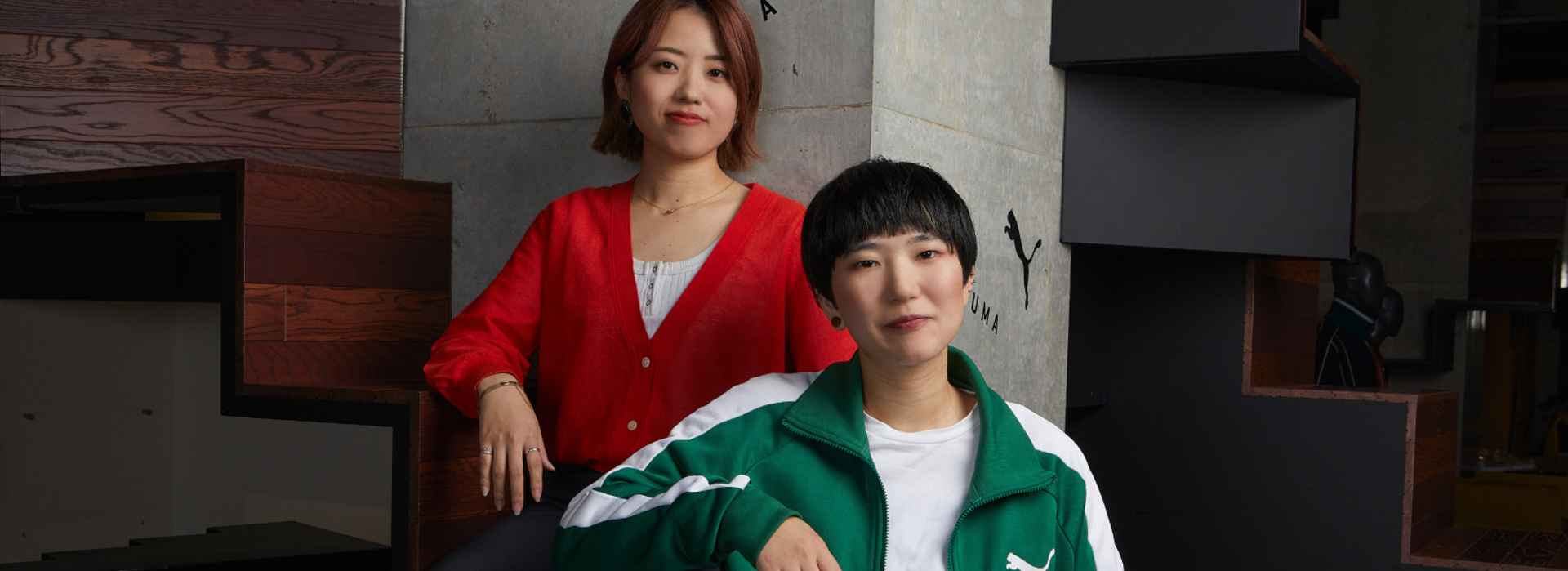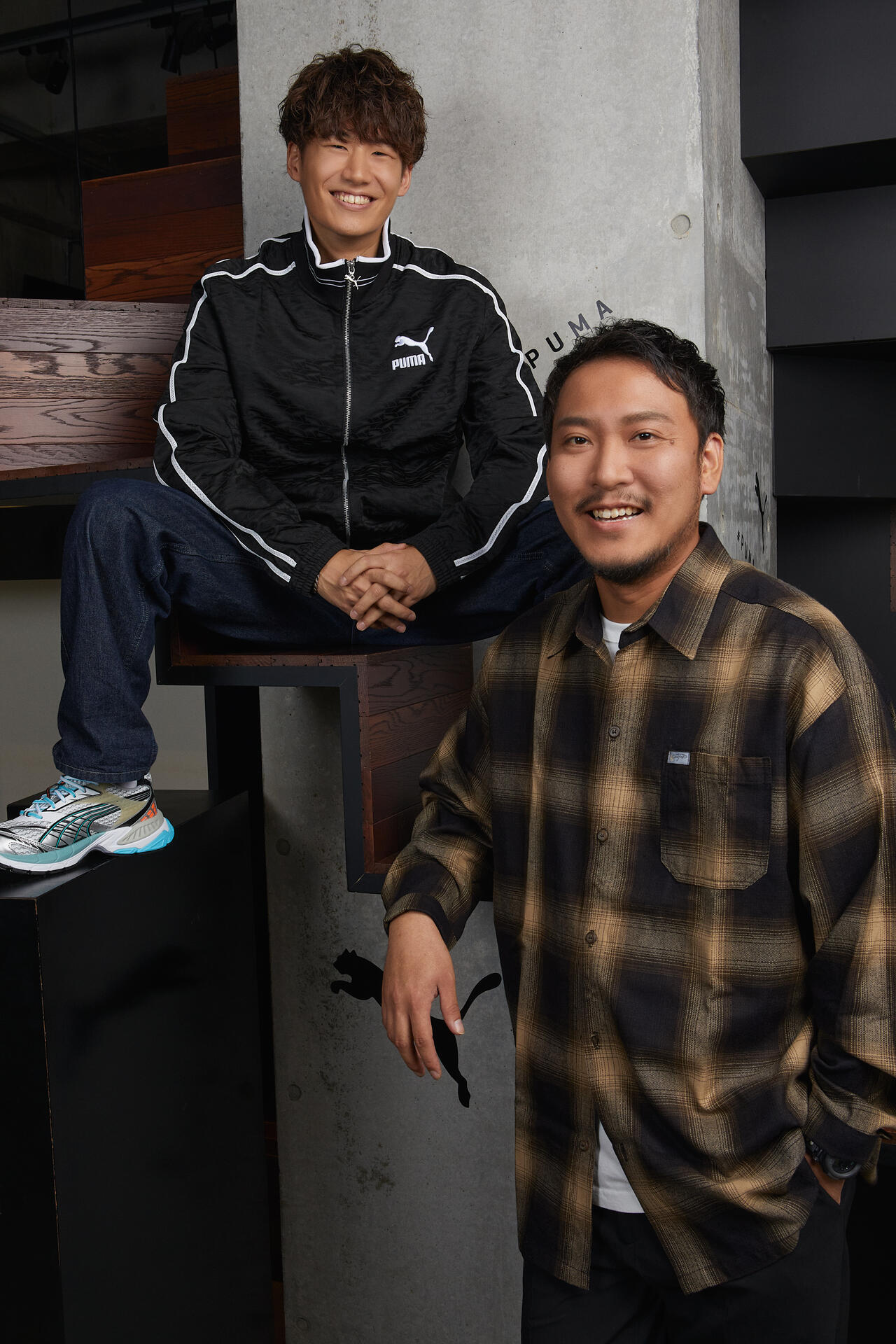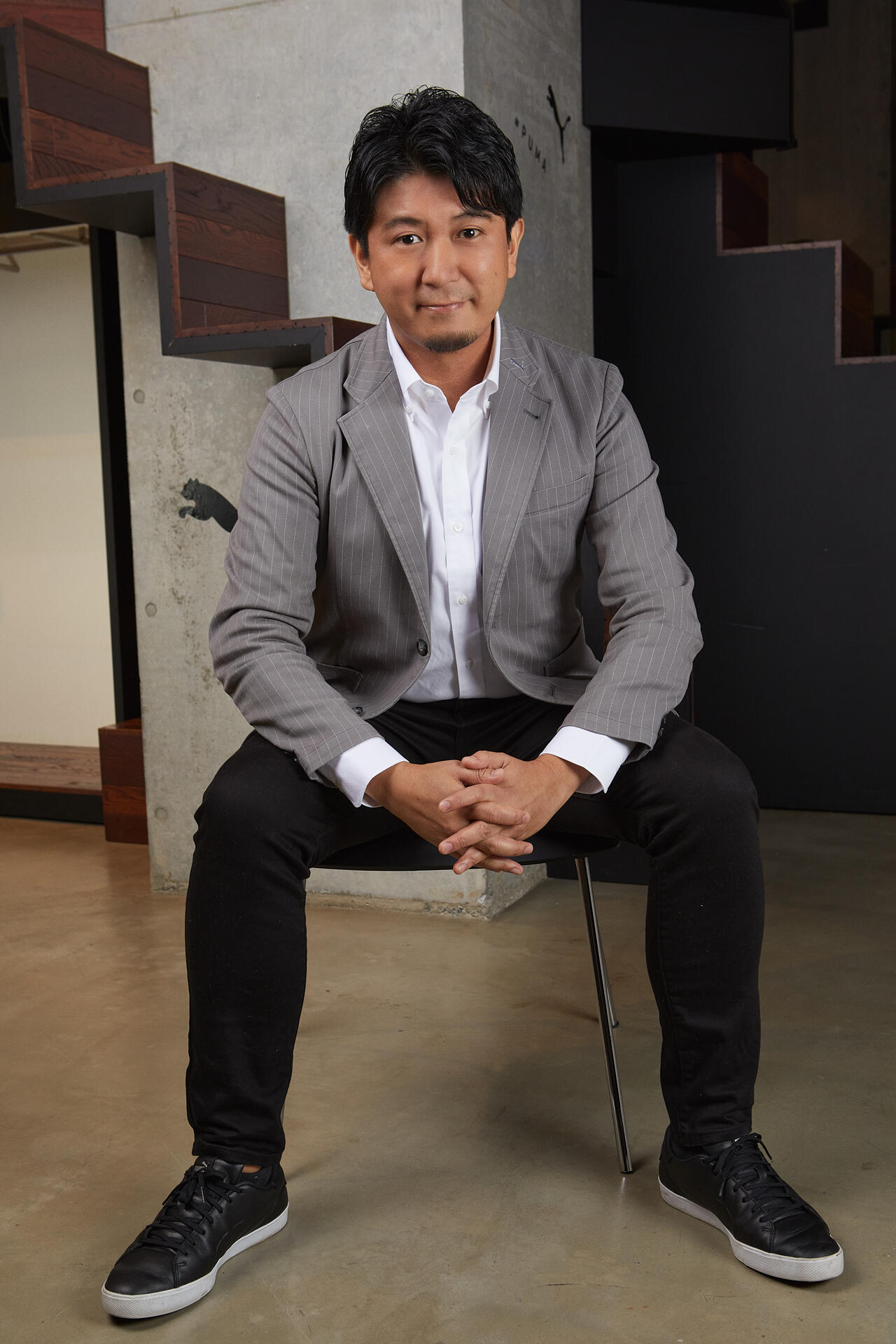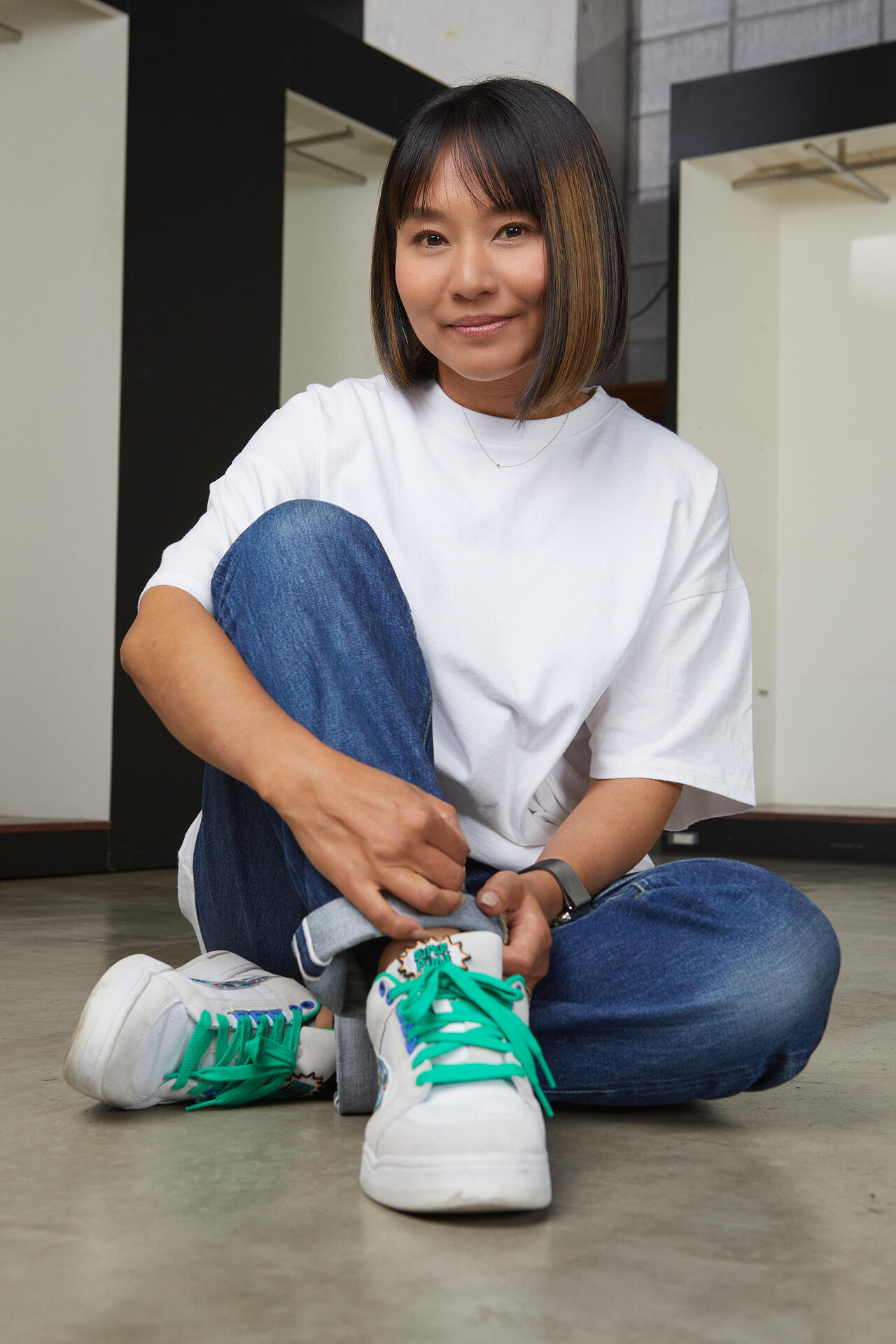Helpful Thoughts for office life in Japan

HELPFUL THOUGHTS FOR OFFICE LIFE IN JAPAN
"As the case in many countries around the world, the culture in our office reflects the culture of its located country. While the majority of Japanese employees spend their time in the ways we introduced here, it would be great to adapt some of them, but we also delighted for you to bring a new breeze to our office, making a positive impact in our environment."

JAPANESE CULTURE GENERALLY VALUES THE GROUP ABOVE THE INDIVIDUAL
This group mentality means that everyone has more awareness of each other. This leads to the image of respect and humbleness that the Japanese are well-known for. The first place you’ll notice this value will be in the office decision making process.
Coming to a final decision might take longer than you’d expect. Don’t be surprised to have multiple meetings before an action is agreed upon. In many cases, many people will be invited to the meetings, whether they actively participate in the discussion or not. It’s based on the idea that when you have more people involved in decision making, you obtain more information and clarity on a topic before deciding on a plan of action. On the flip side, this can be a tedious process that leads to slow progress and more work when you need to make decisions quickly. At PUMA, though, because there are people from all over the globe, we try to streamline this process based on our own brand values.
My mom is Japanese but I grew up speaking English. I only learned Japanese in university. So, believe me, I have been where you are. Now though, having worked for three different companies in Japan over the last 18 years, I have developed a unique perspective and feel confident to offer a little insight and assurance about what awaits you in the Japanese office culture.

RESPECT FOR SENIORITY
Japanese people are respectful and act with humility to those senior to them in age, level, and tenure. That’s why some meetings will simply be discussions among the managers while non-managerial participants sit in the background or refrain from speaking up. Respect can be a good characteristic until it begins to hinder efficiency or the sharing of ideas.
As a manager, I try to encourage my team to speak freely and give their opinions. I have found that if you show that you’re willing to listen, people will eventually open up and surprise you with some interesting thoughts. Especially since the youth consumer is our brand’s target, it’s always important to get feedback from our younger employees.
PUNCTUALITY AND ORGANIZATION
Japanese are known for punctual: if a meeting is scheduled at 10:00 am, everyone arrives on time. Not a single person steps into the meeting room even a few minutes late.
People here works orderly and there is little to none disruption. Morning commute is a prime example of it. As if the entire population of Tokyo, the world's largest metropolitan area, is on the train. Yet even in the crowded rush hour trains, people stand or sit quietly, moving in-and-out and switching stations when a train arrives the station, with no conflict or argument occurs. If you step on someone's foot, they bow quickly and quietly whisper "Excuse me" in a polite manner. Surprisingly, trains in Japan seldom delays, even when peak hours. If you need to go somewhere, follow the train schedule and you will arrive on time. This is one of the scenes that makes Japan special from a Western perspective.
In the office, culture of order existed everywhere and politeness is valued. There are more than 100 employees in office. Though a space for a staff is not as large as in Western offices, employees are respectful of others and no one speaks very loudly.
Japanese people focus on their own tasks at work. The pleasure of conversation is usually saved for lunchtime or after work.

FLEX-TIME
While flexibility in the work place is a big innovation in Western companies in the 21st century, these benefits have yet to gain popularity in Japan. Working from home, flex hours, and taking time-off are all standard for employees in the US and Europe, but in Japan physical time in the office is still a perceived value. Luckily, PUMA Japan provides the above advantages and has also begun a “mobile office” program where employees can work at home for part of the week. Regardless though, you’ll notice that even with this flexible office environment, many employees are still reluctant to take paid holidays or go home early on a Friday.
In closing, the most important aspect of assimilating in Japan is to find the balance between Japanese culture and being yourself. Although the differences between Japanese and Western cultures are very prevalent, most Japanese people are willing to be open-minded and “global”. So, if you can make an effort to understand Japanese people, they will do the same for you.